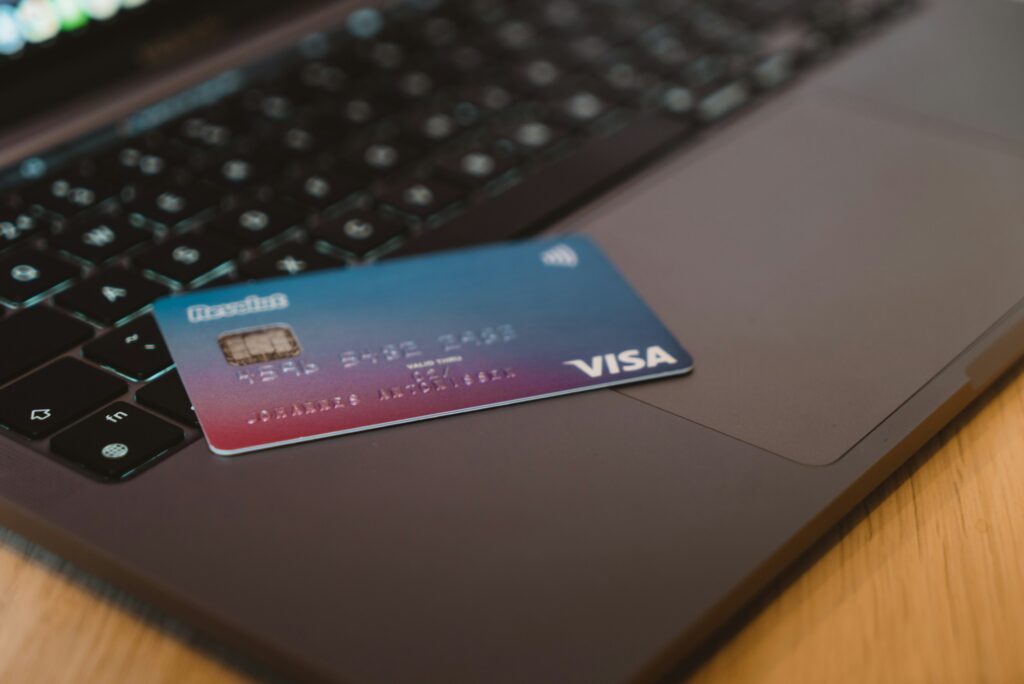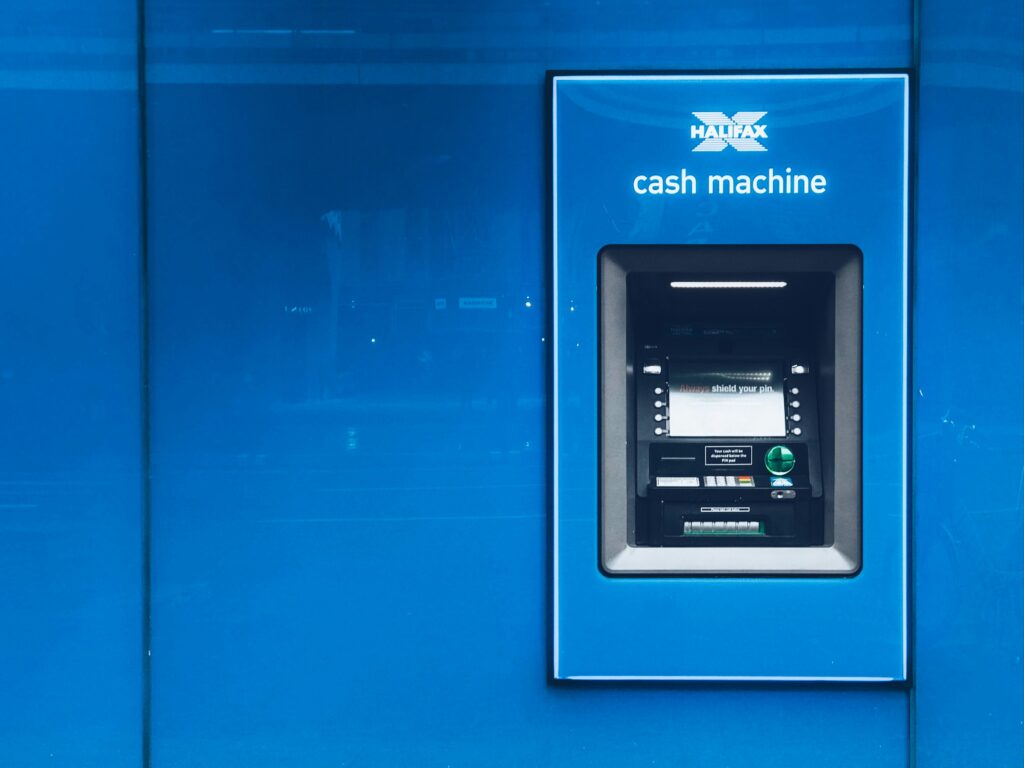An international bank account provides access to foreign currencies, tax benefits, and investment opportunities while reducing financial risks and protecting assets. Here are 6 top reasons why you might consider opening bank account abroad.
1. Easy Access to Foreign Currencies
One primary advantage of having an international bank account is the ease of accessing foreign currencies. Many individuals and businesses opt for offshore accounts to avoid the hassle and expense of frequent currency conversions. Holding multiple currencies in an international account eliminates the need for constant exchanges, saving both time and money. This approach allows you to keep preferred currencies on hand, ensuring that fluctuating exchange rates don’t affect your financial stability. Additionally, many international banks permit account balances in specific currencies, providing clarity on your holdings.

2. Planning for Travel or Retirement Abroad
Travelers and future retirees can greatly benefit from international bank accounts. Having a local account simplifies everyday transactions, such as paying bills or shopping, without incurring conversion fees. This convenience is especially useful in retirement-friendly countries like Belize, which offers attractive programs for foreign retirees. With an international account, you can handle financial matters smoothly and enjoy your time abroad without worrying about additional costs.
3. Tax Advantages in Foreign Jurisdictions
Offshore bank accounts can also offer significant tax benefits. Investors and corporations often choose international banking to take advantage of favorable local tax laws. For example, some countries impose minimal or no capital gains tax on foreign investors, which can lead to substantial savings. While local income tax may not be relevant for most, understanding the tax landscape of your chosen country can still provide financial advantages. Offshore accounts, therefore, become an essential part of strategic financial planning.

4. New Opportunities for International Investment
Opening an international bank account can unlock new investment opportunities. For instance, securing a mortgage for a property in a different country, like a beachfront home in Georgia, is easier with a local account. Lenders are more likely to approve loans when they see that you have assets in their jurisdiction. This local presence can make you a more credible borrower, allowing you to invest in international properties and other financial opportunities that might not be accessible otherwise.
5. Reducing Financial Vulnerability
Diversifying your assets through international banking is a powerful way to reduce financial risk. In times of economic instability, having funds in multiple countries provides a safety net. Diversification isn’t just about having a varied investment portfolio; it also means spreading assets across different geographical locations. This strategy protects against localized financial crises, ensuring that your wealth remains secure even if one economy falters. Choosing stable countries with banks that have high liquidity ratios further enhances this protection.

6. Enhanced Asset Protection
Asset protection is a critical reason for many to choose international banking. Offshore accounts can safeguard wealth from legal threats such as bankruptcy, lawsuits, or divorce proceedings. Wealthy individuals and businesses often become targets for frivolous lawsuits aimed at obtaining settlements. By holding assets in offshore accounts, you reduce visibility and vulnerability, making it harder for plaintiffs to claim your wealth. This financial security ensures that your assets remain protected under various adverse conditions.
Clearly, international bank accounts offer numerous benefits, from easier currency access to enhanced asset protection. They provide opportunities for tax savings, investment diversification, and financial security. Whether you’re planning to travel, retire abroad, or simply protect your wealth, an offshore bank account can be a strategic addition to your financial toolkit.










